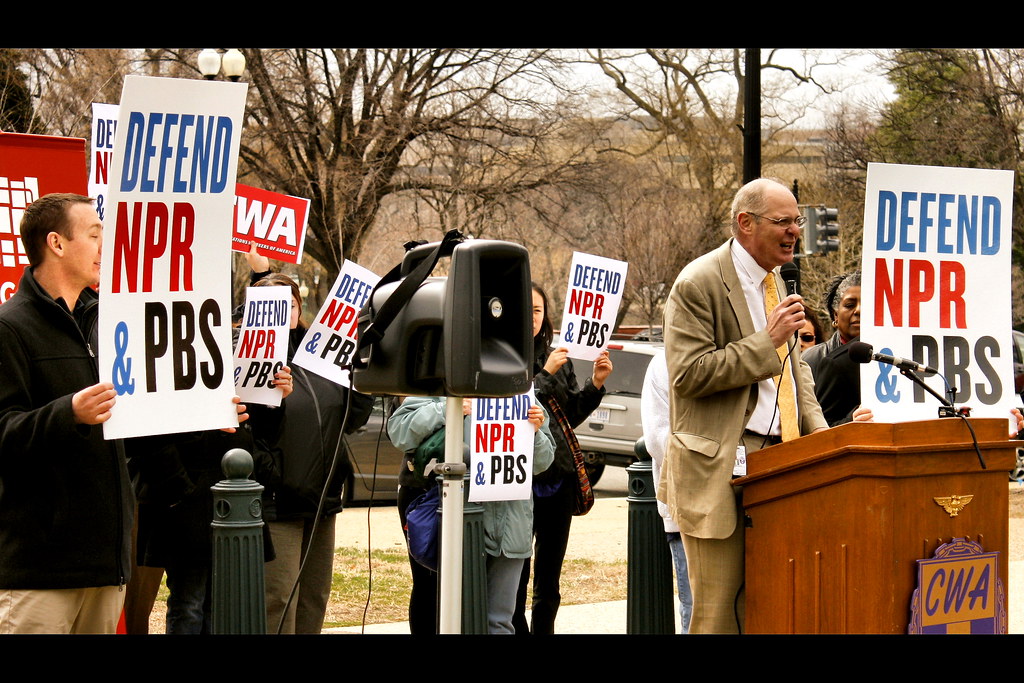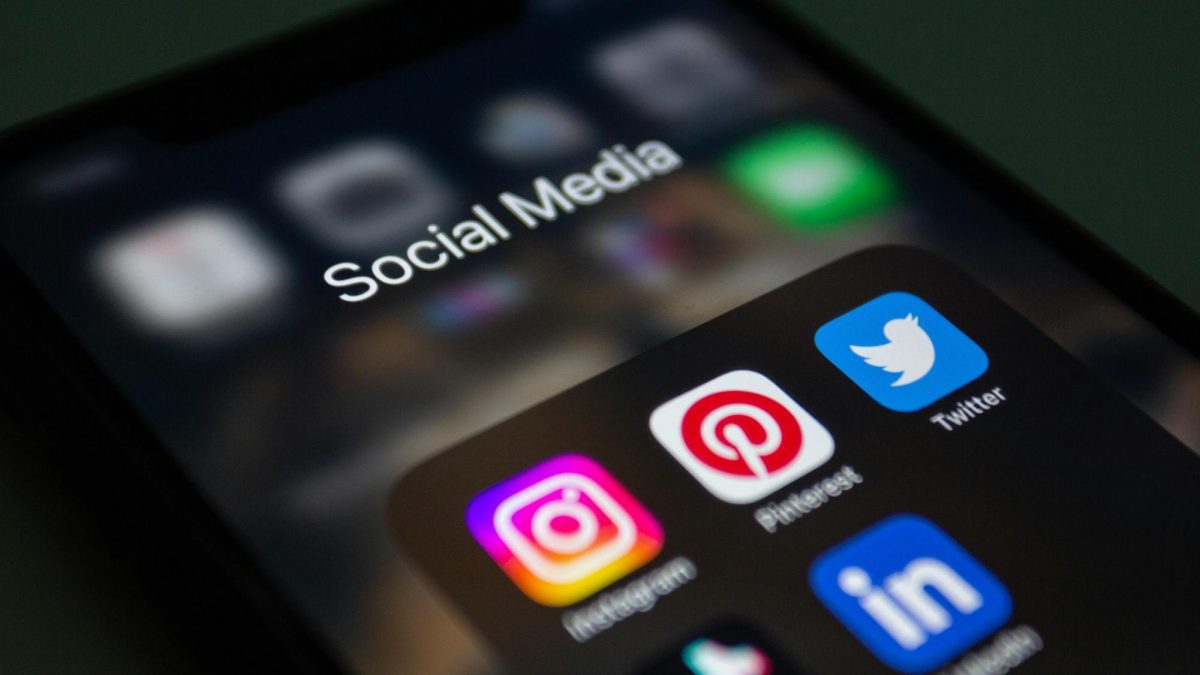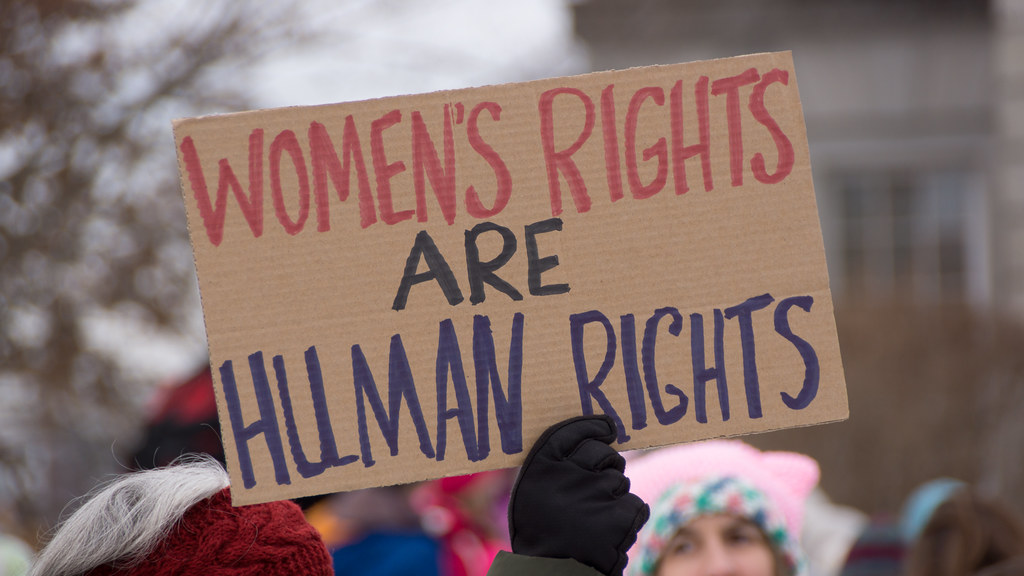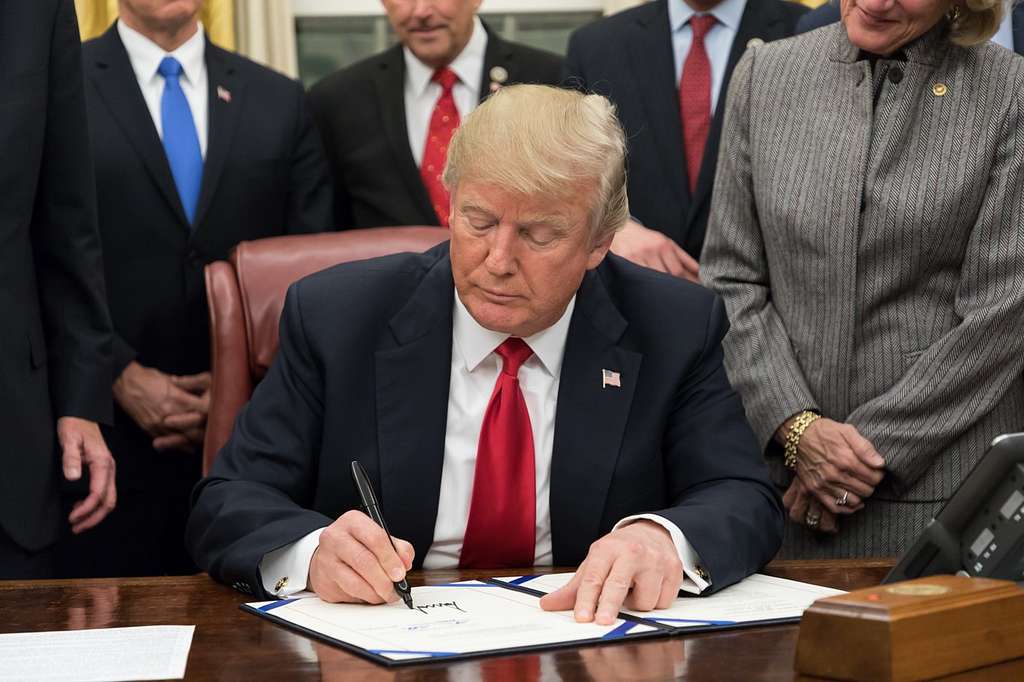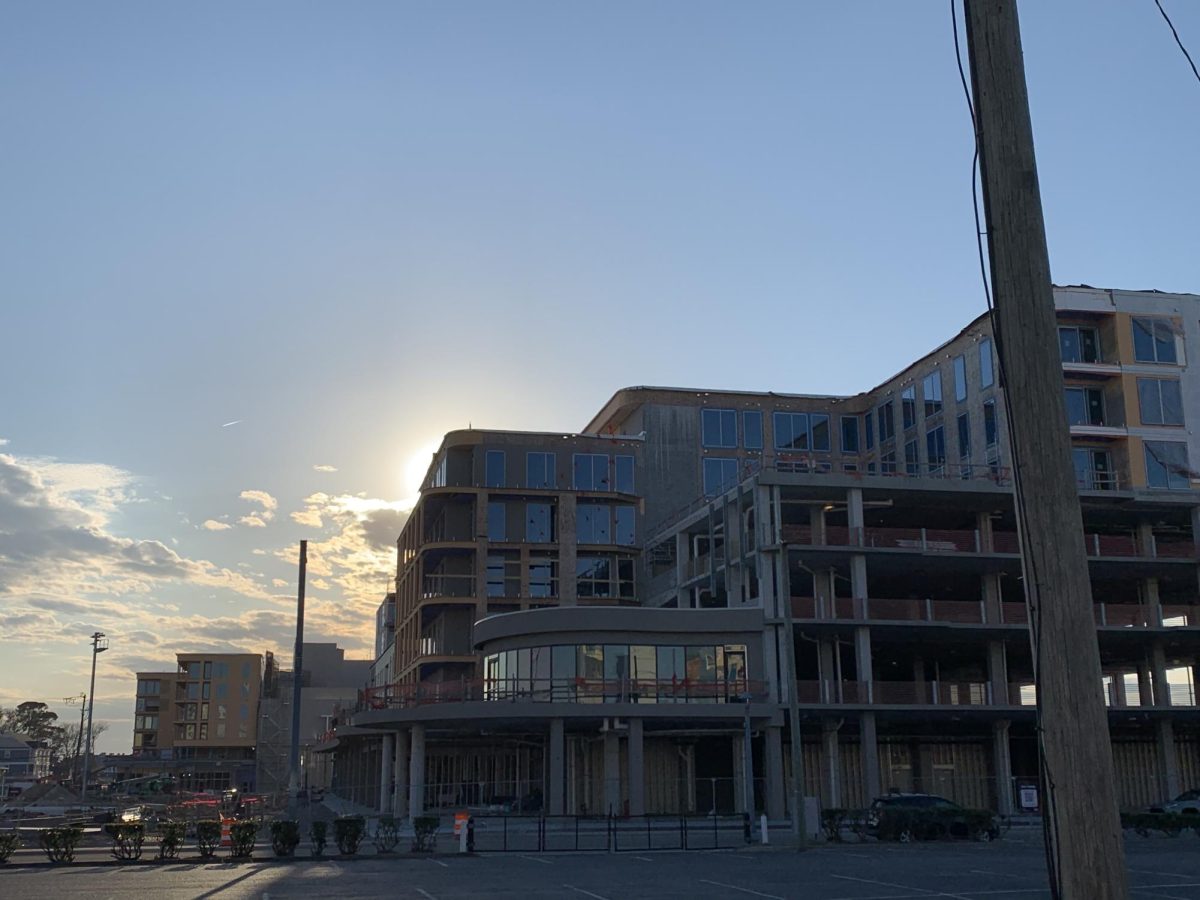On May 1, 2025, President Donald Trump issued an executive order to the Corporation for Public Broadcasting’s (CPB) board of directors to revoke federal funding for the National Public Radio (NPR) and the Public Broadcasting Service (PBS). This was done based on supposed bias and the idea that these news services “receive millions from taxpayers to spread radical, woke propaganda disguised as ‘news.’”
“Neither entity presents a fair, accurate, or unbiased portrayal of current events to tax-paying citizens,” the order said. “The CPB Board shall cancel existing direct funding to the maximum extent allowed by law and shall decline to provide future funding.”
The details of the order specify that CPB is to remove its funding, along with any other indirect funding that is providing “public financing for the news organizations.”
This is one of the many orders that Trump has enacted since his taking office, among his decisions to cut millions of dollars that fund artists, libraries, and museums, expel leaders from their positions, and put staff members on administrative leave in his effort “to control or hamstring institutions whose actions or viewpoints he disagrees with.” He has also advocated for withholding funds for research and education from universities. Additionally, he has pushed to penalize law firms until they eliminate their “objectionable” measures, such as their diversity, equity, and inclusion programs.
Evidently, this didn’t come as much of a surprise to NPR and PBS, who had been preparing beforehand for the possibility of “stiff cuts” due to previous complaints from Republicans about their channels. In fact, they are already in the process of suing Trump’s administration to question the “validity of the president’s new order.”
The morning following the order, the corporation stated that the CPB is not a federal executive agency that has to answer to his authority, since Congress already allowed and supplied funds for the CPB to be a private non-profit corporation wholly independent of the federal government.
Furthermore, it was found that Congress prohibited “any department, agency, officer, or employee of the United States to exercise any direction, supervision, or control over educational television or radio broadcasting, or over [CPB] or any of its grantees or contractors.” This essentially means that the funds given to the CPB are under their control, and they can solely determine what shows will be included on their broadcasting channel.
In a statement delivered that Friday after the order was issued, Heather Walls, the senior vice president of communications of NPR, said that they would protest the decision. “We will vigorously defend our right to provide essential news, information, and life-saving services to the American public,” NPR said in the statement. “The President’s order is an affront to the First Amendment rights of NPR and locally owned and operated stations throughout America to produce and air programming that meets the needs of their communities.”
Until more information is provided about the lawsuit’s results, the funding has, for now, been successfully cut by Trump. More information will be provided as the case proceeds.



